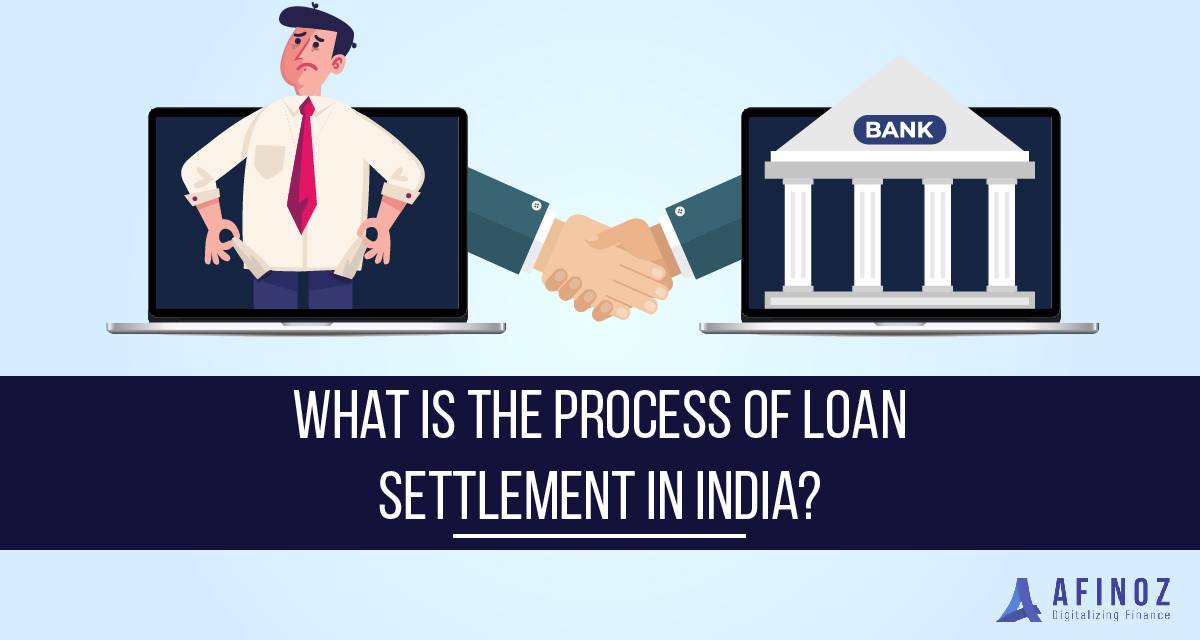What are Settlement Loans?
Settlement loans, also known as pre-settlement funding or lawsuit loans, are a financial product designed to provide plaintiffs with immediate cash while they await the resolution of their legal cases. These loans are not traditional loans but rather advances on the expected settlement amount. They offer a lifeline to individuals who find themselves in financial distress due to prolonged legal battles.
How Do Settlement Loans Work?
When a person is involved in a lawsuit, especially personal injury cases, the process can be lengthy and financially draining. Settlement loans help plaintiffs cover their living expenses, medical bills, and other immediate financial needs during this period. Here’s a step-by-step breakdown of how they work:
- Application Process: The plaintiff applies for a settlement loan through a funding company. This typically involves providing details about the lawsuit, legal representation, and potential settlement amount.
- Evaluation: The funding company assesses the case’s merit, the likelihood of a favorable outcome, and the estimated settlement amount. They work closely with the plaintiff’s attorney to gather necessary information.
- Approval and Funding: If the funding company approves the application, they offer a cash advance, which is usually a percentage of the expected settlement. The plaintiff receives the funds, often within a few days.
- Repayment: Repayment occurs only if the plaintiff wins the case. The loan amount, plus any fees and interest, is deducted from the settlement. If the plaintiff loses the case, they owe nothing to the funding company.
Benefits of Settlement Loans
Settlement loans provide several advantages to plaintiffs:
- Immediate Financial Relief: They offer quick access to cash, helping plaintiffs manage living expenses, medical bills, and other financial obligations without waiting for the lawsuit to conclude.
- No Risk: These loans are non-recourse, meaning if the plaintiff loses the case, they are not required to repay the advance. This feature reduces financial risk for the borrower.
- Leveling the Playing Field: Plaintiffs often face well-funded defendants, such as insurance companies or corporations. Settlement loans provide the financial means to pursue justice without succumbing to pressure to settle for a lower amount.
- Maintaining Financial Stability: By alleviating immediate financial stress, plaintiffs can focus on their recovery and legal battle without the distraction of financial worries.
Drawbacks and Considerations
While settlement loans offer significant benefits, they also come with potential downsides:
- High Costs: Settlement loans can be expensive. Interest rates and fees can be high, sometimes amounting to a substantial portion of the settlement. It’s crucial for plaintiffs to understand the total cost of the loan.
- Lengthy Cases: If a case takes longer than expected to resolve, the accrued interest and fees can add up, significantly reducing the final settlement amount received by the plaintiff.
- Not a Guaranteed Solution: Approval for a settlement loan is not guaranteed. Funding companies carefully evaluate the strength of the case and may deny applications if they believe the outcome is uncertain.
Choosing a Settlement Loan Provider
Selecting a reputable settlement loan provider is crucial. Here are some tips to consider:
- Research and Compare: Look for companies with good reputations, transparent terms, and reasonable fees. Comparing multiple providers can help plaintiffs find the best deal.
- Read the Fine Print: Carefully review the loan agreement, paying close attention to interest rates, fees, and repayment terms. Ensure there are no hidden charges or unfavorable terms.
- Consult with Your Attorney: Discuss the decision with your attorney. They can provide valuable insights, help negotiate better terms, and ensure the loan aligns with your case’s specifics.
Alternatives to Settlement Loans
Before opting for a settlement loan, plaintiffs should explore other financial options:
- Personal Loans: If eligible, personal loans from banks or credit unions may offer lower interest rates and better terms.
- Credit Cards: While not ideal for large amounts, credit cards can provide temporary relief for smaller expenses.
- Negotiating Payment Plans: Plaintiffs can negotiate payment plans with creditors or medical providers to manage expenses during the legal process.
Conclusion
Settlement loans can be a valuable resource for plaintiffs in financial distress during prolonged legal battles. They offer immediate relief, mitigate financial risk, and enable individuals to pursue justice without compromising their financial stability. However, it’s essential to understand the costs, carefully choose a reputable provider, and explore alternative options. By making informed decisions, plaintiffs can navigate their legal journeys with greater financial confidence and peace of mind.
Get in touch with us today at www.Settleloan.in and embark on your path to financial freedom



